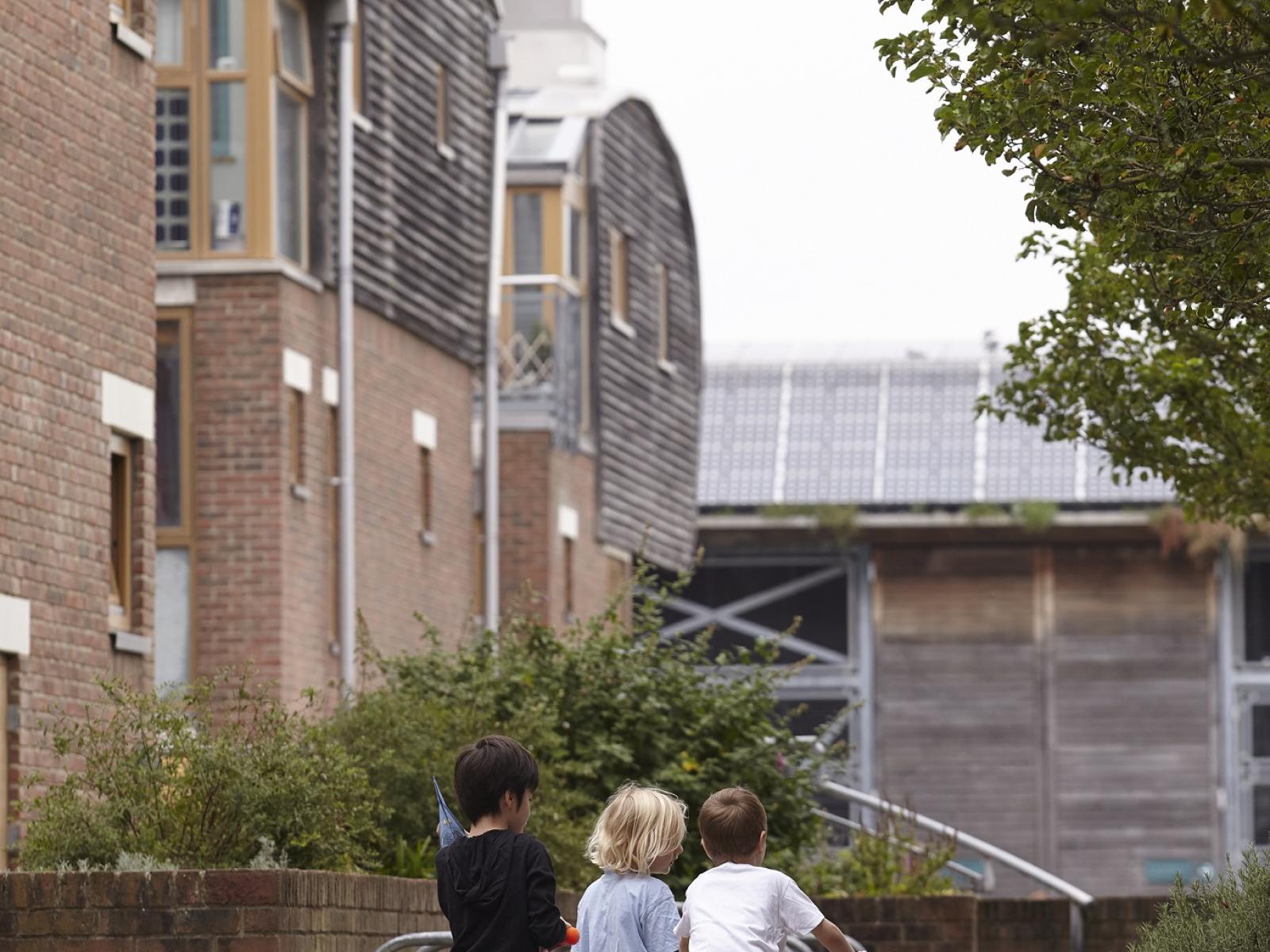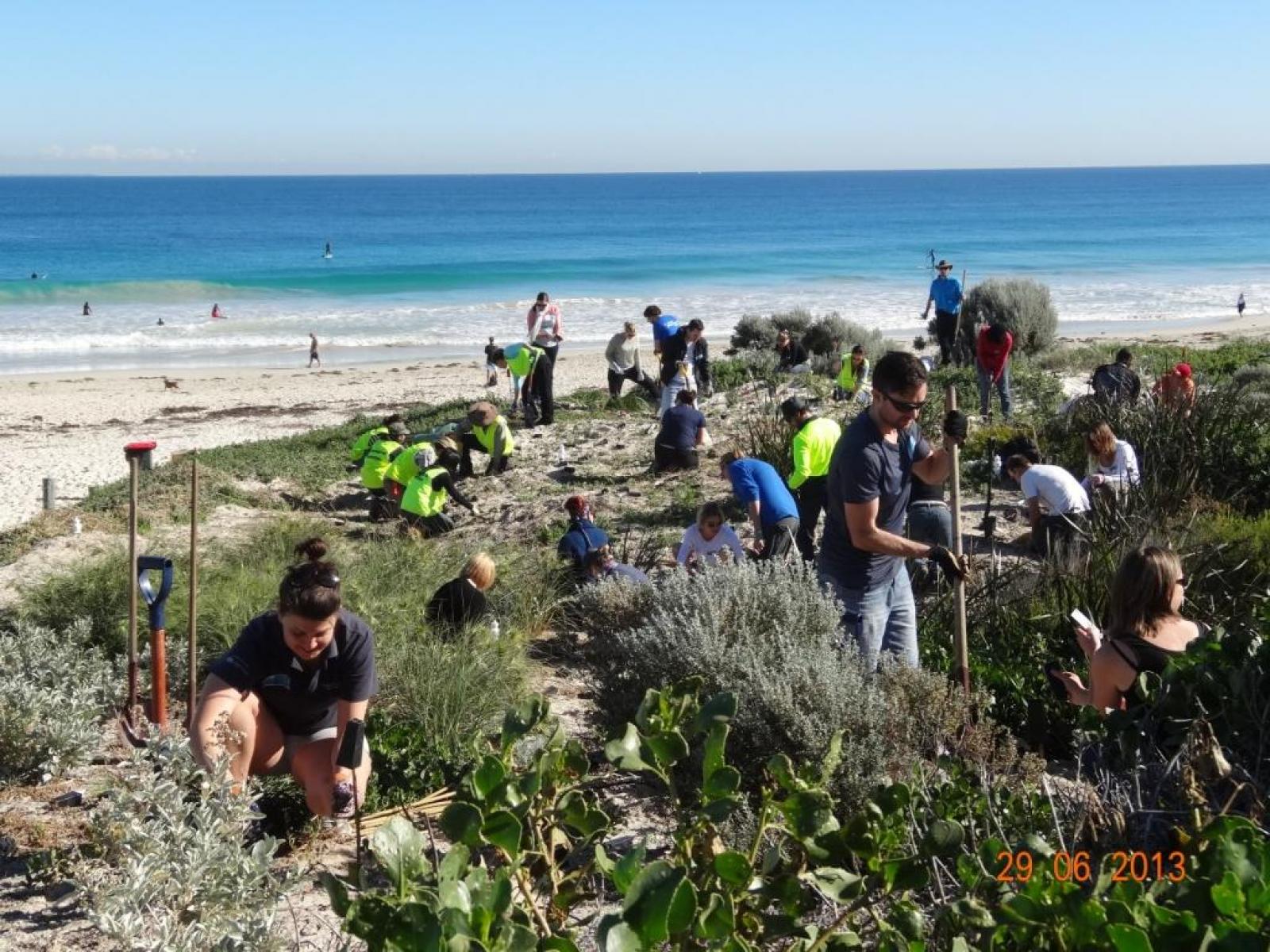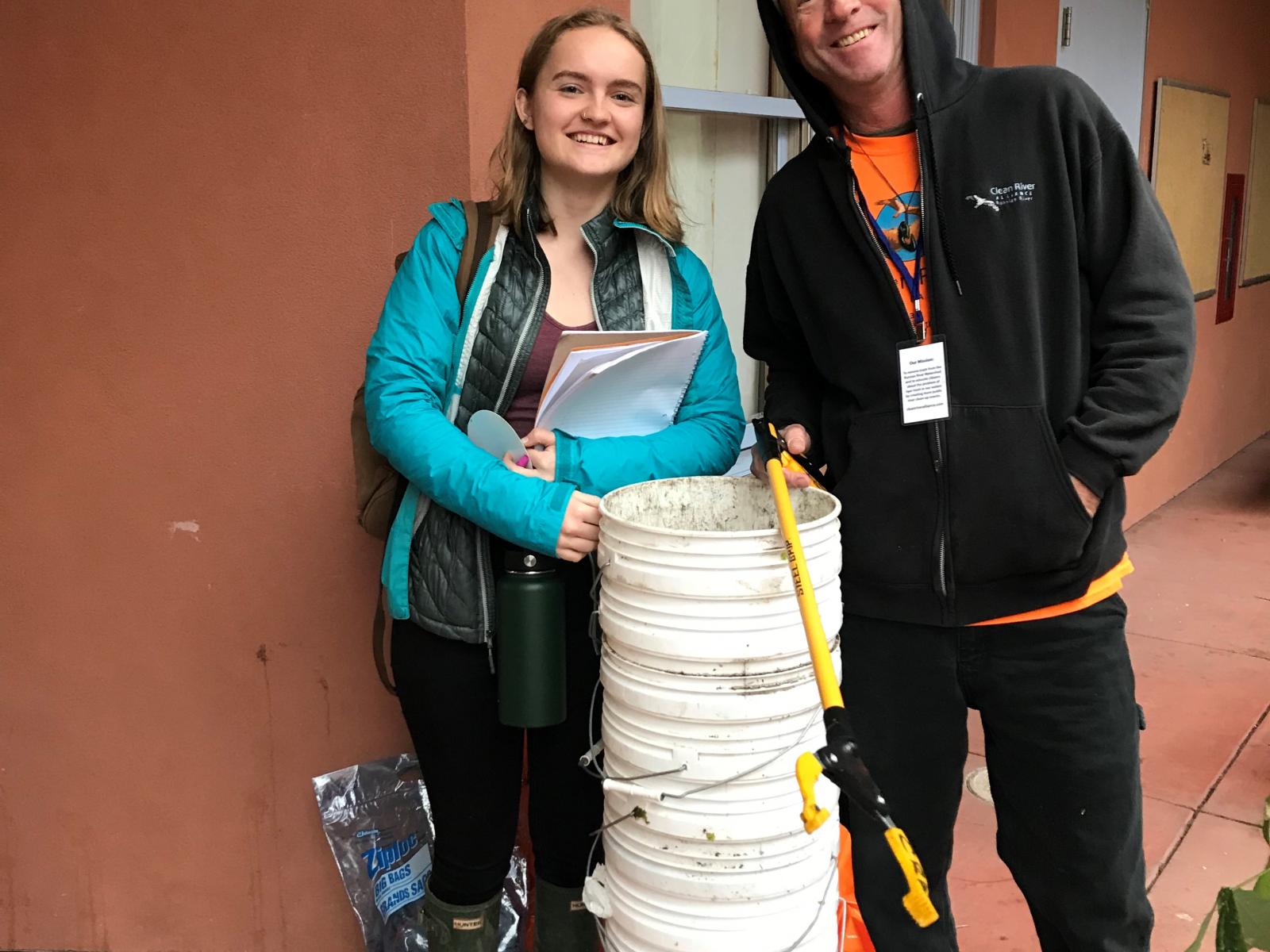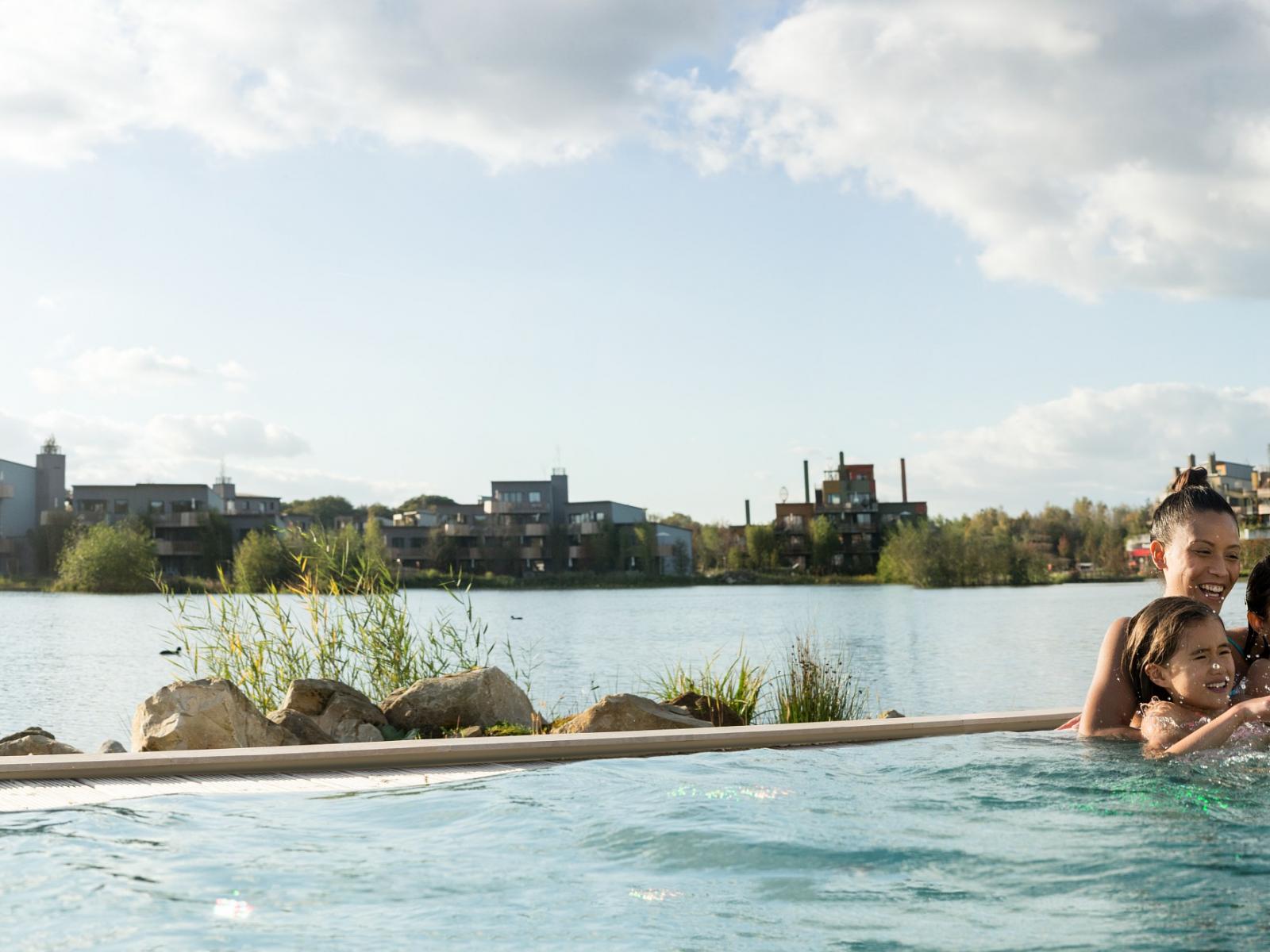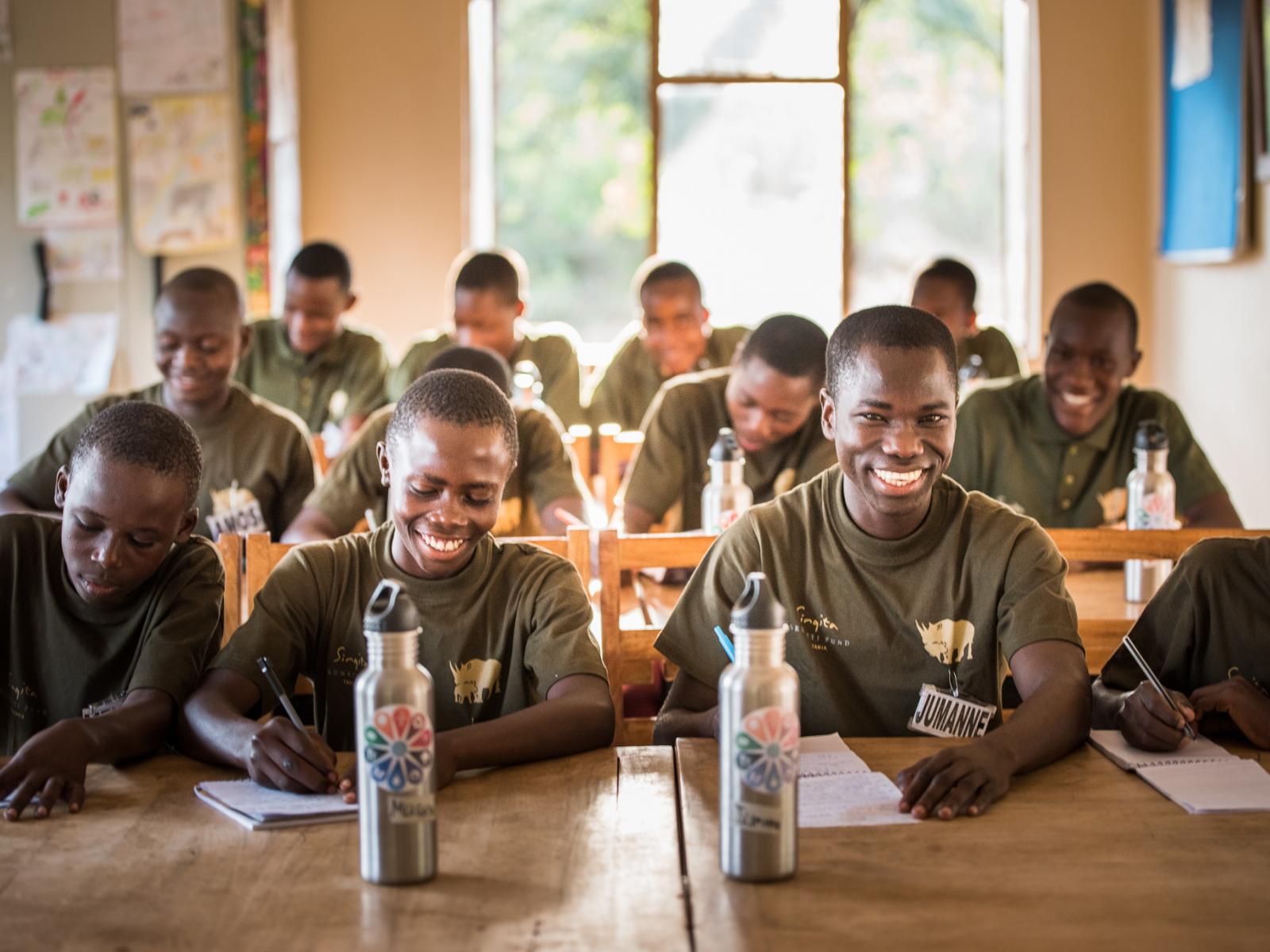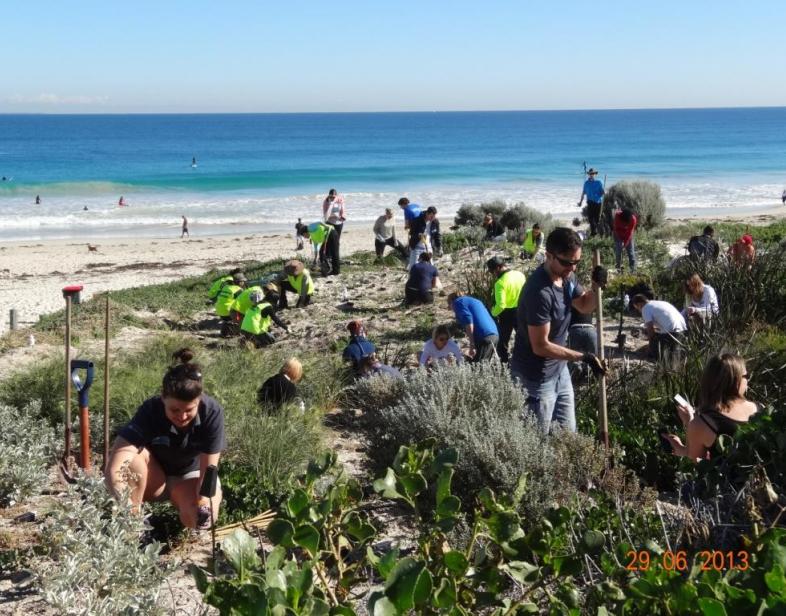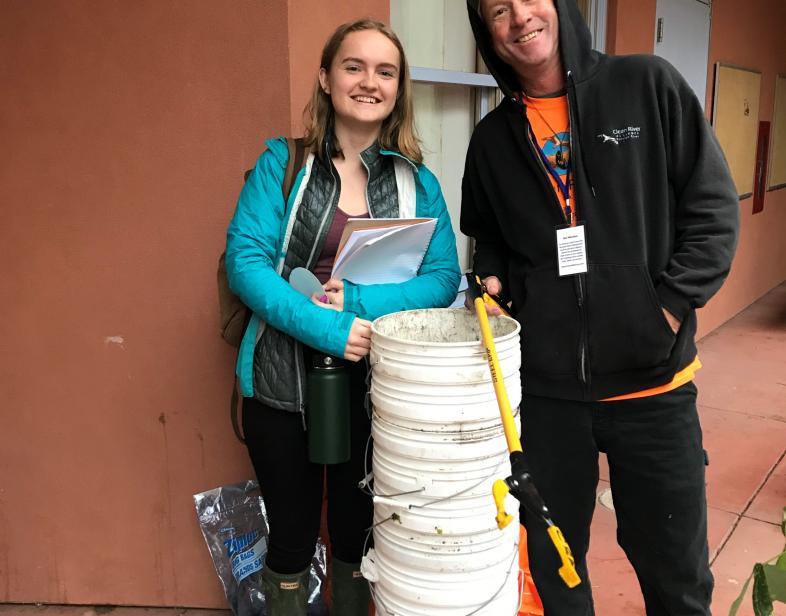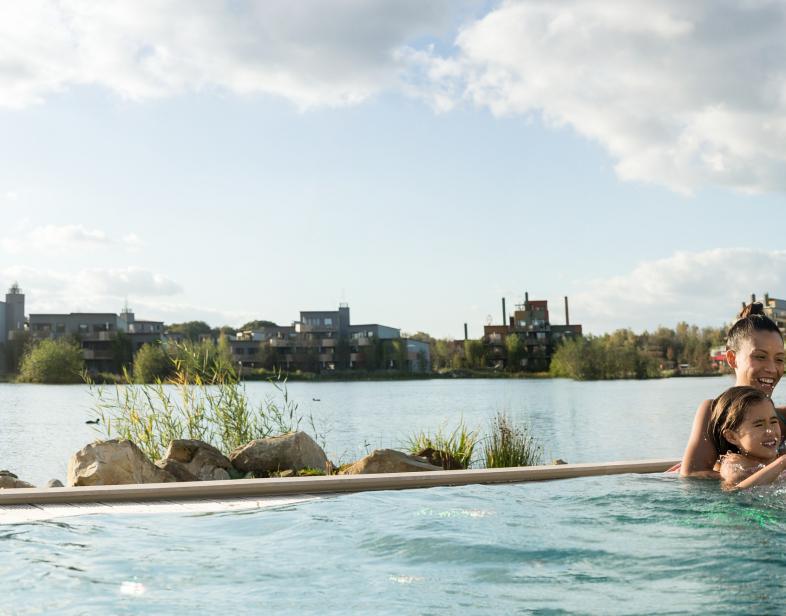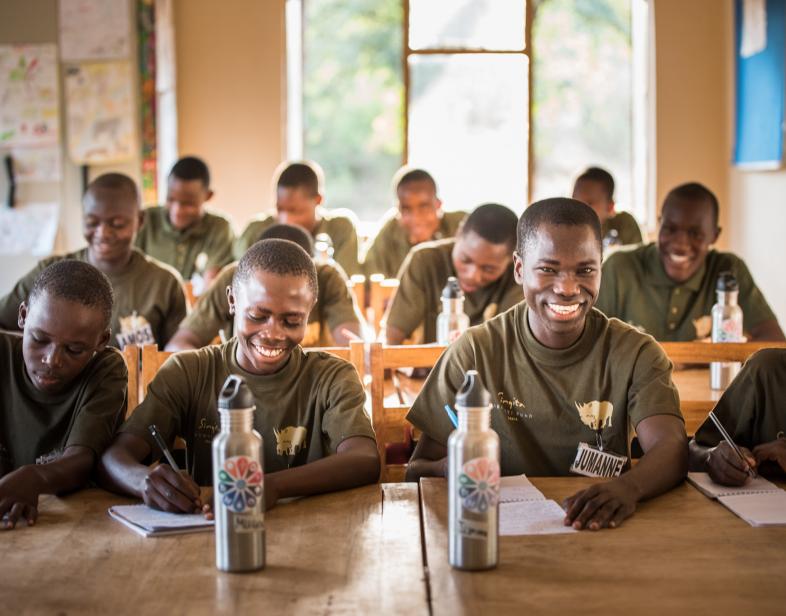An Overview Of Our Solution
The window opportunity for preventing runaway climate change is narrowing. Yet sustainable behavior change is patchy. There are many reasons for this, including a disconnect between the scale of the challenge and people’s understanding of how their actions can make a difference.
Bioregional’s One Planet Living Framework shows how to create enabling conditions for people to live happy, healthy lives within planetary limits. We have recently revamped our guidance on how to implement One Planet Living. We now need help to re-launch it, to encourage others to replicate the successes we’ve already had so that we can achieve scale. Our re-launch will focus on sharing inspiring case studies amplified by a ‘One Planet Stories’ video and other communications that show that One Planet Living is possible – and it’s already happening.
- Population Impacted: 595,000
- Continent: Europe
Last name
Organization type
Context Analysis
Climate change is wreaking havoc across the globe. Our ecosystems are breaking down and air pollution and toxic waste are damaging human health and threatening other living beings. People are running out of food and water and loneliness and depression are on the rise.
The root cause of many of these problems is overconsumption. We are consuming resources and polluting the planet with carbon emissions at a level that’s 50% higher than the Earth can renew or absorb.
We need to transform the way we live, work and do business in order to live within the means of our one planet. Yet policymakers lack proven models for sustainability that they can champion for wider adoption through policy. Business leaders perceive that sustainability is a niche market
Even when people are aware of the importance of sustainability, they often believe that their actions won’t make a difference. Nudge-based approaches to behavior change are only achieving incremental change.
Describe the technical solution you wanted the target audience to adopt
Bioregional developed the pioneering BedZED eco-village in London where we are based, to demonstrate that living sustainably is possible. Drawing on proven strategies at BedZED, we developed the One Planet Living Framework in 2003 to scale the approach, with the support of WWF.
One Planet Living is a simple vison: thriving regional economies where we can meet more of our needs from local, renewable and waste resources, enabling people to live happy, healthy lives within the natural limits of the planet.
Our One Planet Living framework comprises ten simple principles and detailed guidance.
For 15 years, Bioregional has worked with partners including housebuilders, local governments, schools and holiday destinations to create groundbreaking homes, communities, holiday destinations that are united by a common vision of One Planet Living. These One Planet Living projects are diverse, but all make it easier and attractive for people to live sustainable lives.
Type of intervention
Describe your behavioral intervention
Our approach is to work with others – including retailers, cities, property developers – to challenge and encourage them to create the conditions needed for people to live within the means of our one planet, using the One Planet Living framework which covers all aspects of sustainability.
By working with partners to enable access to sustainable forms of transport, food, products and services and sources of energy, to make recycling easy, and so on, our partners can effect wider sustainable behavior change simply by making sustainable lifestyle choices the obvious choices.
The ten One Planet Principles are:
Health and happiness
Equity and local economy
Culture and Community
Land and nature
Sustainable water
Local and sustainable food
Travel and transport
Materials and products
Zero waste
Zero carbon energy
We have shown that working with others to create the conditions for living truly sustainable lives using the One Planet Living framework can have a significant impact. For example:
Research at BedZED seven years after it was developed showed that energy and water use for residents was much lower than the national average; 86% of BedZED residents were buying organic food and car ownership for BedZED residents was significantly lower.
At the One Planet Community of Elmsbrook in North West Bicester, residents are using 57% less heat and 39% less electricity than in other local communities.
As needed, please explain the type of intervention in more detail
With each One Planet partner we:
Carry out a ‘visioning workshop’ – imagining the future we want to create.
Establish a baseline, identify successes and areas for improvement.
Create Action Plans that provide a route towards One Planet Living.
Develop methodologies to monitor impact.
According to the needs of the partner, we will provide support in a range of areas, including turning targets into actions, reporting, staff and community engagement and so on.
We help partners publish annual reviews of progress and share their positive case studies of change as widely as possible.
Describe your implementation
We work with partners – including retailers, developers, cities, schools and others – to co-create One Planet Living Action Plans. These plans are based on a) the science of what is necessary to global temperatures to a 1.5C rise, and b) the reality of how people live their lives. Once the plans are created we work with our partners to implement them and create homes, communities and organizations that provide an enabling environment for sustainable living. Success factors include:

Our user-focused approach, whereby we work with partners to encourage them to design homes, products and communities that meet their target audiences’ needs and aspirations. We help partners develop personas of the people who will live in their homes or communities, or study in their schools, work in their companies or buy their products. Using the One Planet Principles to guide our discussions, we then help our partners imagine what kind of future we would like these personas to live.
Our holistic approach to sustainability. The One Planet Living Principles include ‘health and happiness’ and ‘culture and community’ as well as environmental principles like ‘zero waste’ and ‘zero carbon energy’. So when we co-create One Planet Action Plans, we explore what will enable our personas to feel connected, part of a wider community, closer to nature, and so on, as well as how the homes, communities and products we create will enable them to live within the Earth’s means.
Convincing business leaders of the urgency of the change that’s needed, and the opportunities of One Planet Living, is a challenge. We have found that ‘seeing is believing’ and inviting people to BedZED, or to other ground-breaking One Planet communities, shows people how they could use the One Planet Living framework themselves – they realise ‘this can be done.’ We also aim to work 'pioneers' - people who think differently and are inspired by big ideas (See Chris Rose's What Makes People Tick').
External connections
We initially developed the One Planet Living framework after we completed work on BedZED, which we initiated and was then developed by the housing association Peabody Trust in partnership with Bioregional and ZEDFactory architects.
We have worked with a range of partners to implement One Planet Living, from real estate developers to schools, cities and retailers.
Who adopted the desired behaviors and to what degree?
Our model of change is to work with external partners to create the conditions for people to live sustainably. The evidence we have that this works can be provided on a project-by-project basis.
At the BedZED eco-village, passive solar heating, thick walls, plus ultra-low carbon electricity and hot water from a shared biomass boiler help ensure residents’ low environmental impact (100 homes)
Through our ‘One Planet Home’ partnership with DIY retailer B&Q, we have helped the company to achieve some 40% of its sales through products with sustainability credentials.
At luxury safari company Singita Serengeti plastic bottle waste has been reduced by 97% across Singita’s safari lodges, with re-usable bottles and filtered water available for staff and guests (c. 1,500 visitors pa)
Zibi, a mixed-use community in Ottawa, Canada, is being built using the One Planet Living framework, which is keeping it on track to achieve its zero-carbon goals (2,500 homes)
How did you impact natural resource use and greenhouse gas emissions?
Monitoring impacts on behaviors is always going to be a challenge, particular for new-build communities, or for companies selling sustainable products. Bioregional and our partners have adopted a range of approaches, for example:

At BEDZED, we carried out in-depth interviews with households about food, transport and waste habits, and their feelings about living at BedZED. We took meter readings to record water, electricity and heat consumption and carried out waste audits.
The One Planet Community of White Gum Valley in Australia, a self-build development, has been selected as a CRC Low-Carbon Living Laboratory. Curtin University in Perth will monitor energy and water consumption for four years and engage with the residents on sustainable living.
In the One Planet Community of Elmsbrook, North West Bicester, smart energy meters in homes provide some data, which will be backed up with surveys of residents.
What were some of the resulting co-benefits?
The One Planet Principles are all interrelated, and so progress on one principle should impact another. For example:
At BedZED, higher-housing densities helps maximize land-use efficiency and also encourages neighbourliness – at BedZED people know on average 20 of their neighbours by name, compared with a local average of 8.
At the One Planet Community of Elmsbrook in North West Bicester eco-town, providing bicycles for hire helps reduce travel carbon footprints as well as helping increase health and happiness. A survey of residents found that 81% feel healthy to very healthy (above neutral) compared to a UK average of 58%.
At One Brighton, a One Planet Community, rooftop allotments enable people to grow their own food, which is proven to boost health and happiness.
At White Gum Valley in Perth, Australia, a biodiverse nature play park will help give people access to nature, boosting health and happiness as well as preserving biodiversity in the area.
Sustainability
We have developed the One Planet Framework – comprising the One Planet Principles and accompanying guidance documents, manuals and tools – with a combination of our own, and grant funding.
The wider adoption of One Planet Living will rely to an extent on partners paying us fees (market-based revenue) to help them incorporate it into their business and sustainability strategies.
We aim to secure further grant funding to enable us to work with cities and other local authorities to help them develop One Planet Action Plans.
Return on investment
Much of the work we have carried out to develop the One Planet Living framework has been funded by Bioregional & WWF as a core cost, with some additional grant funding. It would be a significant undertaking to calculate a return on investment for the iterative work carried out over 15 years. It is worth noting that we now have a tried and tested, proven framework and methodology for creating deep sustainable change that is ready to be rolled out far more widely.
The work we do with partners to help them create their own One Planet Action Plans is paid for in fees to us. Grant funding has also been used to fund the creation of action plans, for instance for schools, community groups and cities, where their own resources are stretched.
How could we successfully replicate this solution elsewhere?
One Planet Living has been replicated time and again across a variety of sectors. We now need to scale its impact in each sector by promoting our partner’s success stories and inspiring others to follow suit.
We will re-launch of our One Planet Living framework by creating compelling case-study video material of the projects we have worked on, demonstrating how we’ve enabled significant behavior change. This video will be used to encourage new cities, retailers and real estate companies to use One Planet Living as part of their strategies, and will also support key stakeholders in the cities we are already working with to get buy-in for One Planet Living with their target audiences.
We are seeking $25,000, broken down as follows:
Video creation $15,000
Social media collateral – graphics and bite-sized stories $5,000
Staff time for communications campaign - $5,000
